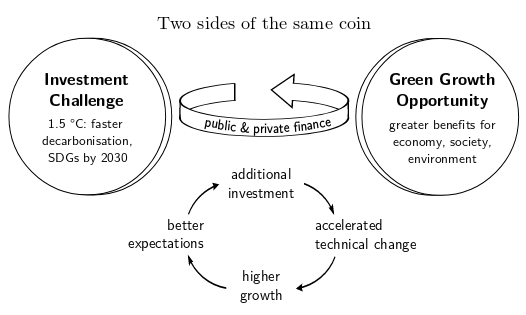GCF Working Paper 03/2018: Distributed Agent Graph
[by S. Fuerst, A. Geiges] ||
In the Global System Science (GSS) field simulations of Agent Based Models (ABM) can be challenging regarding the needed computer resources, so that it’s necessary to run the simulation on computer clusters. The existing HPC ready ABM frameworks does not fit well to the structure of GSS models. This paper proposes a parallelization strategy that take GSS needs into consideration and tries to find a good balance between the needs of the modeler and restrictions that enables a good scalability. It represent the model structure as a directed multi-graph, where spatial information is added as nodes. Existing hypergraph partitioning software can then be used the distribute the agents to the different processing elements.
The paper can be downloaded here: GCF_WorkingPaper3-2018

